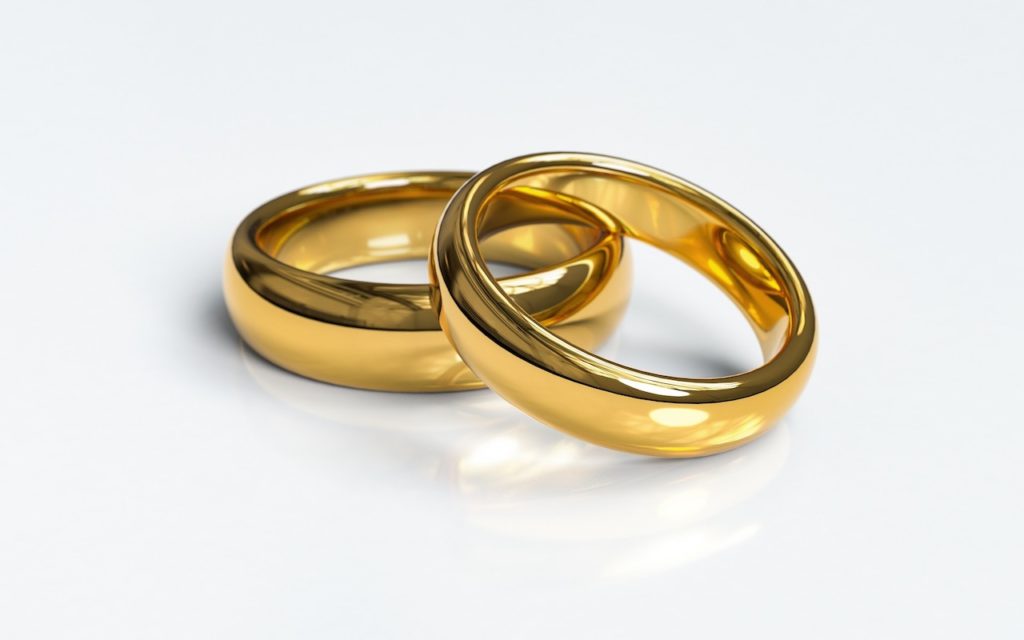Purchasing an engagement ring is a big decision. You want to make sure it is the perfect piece for your fiancé-to-be: beautiful, meaningful and above all, lasting. One of the key elements in making that happen is choosing the right metal – but with so many options available, how do you decide? Here are seven factors to consider when selecting the metal for your engagement ring:
1. Budget
The cost of an engagement ring varies greatly depending on the type of metal used. Gold, platinum and palladium are some of the most popular metals, and each has its own price range based on its purity or “karat”. For example, 18-karat gold is more expensive than 14-karat gold.
2. Durability
The hardness and durability of the metal used in an engagement ring can make a big difference in how well it will hold up over time. Generally, metals like platinum and palladium are more durable than gold or silver. However, all metals can be scratched or damaged with wear, so it’s important to consider the lifestyle of your fiancé-to-be when making your selection.
3. Color
The color of the metal used in an engagement ring is also important to consider. Gold and silver are classic choices that come in a variety of colors, ranging from yellow, rose and white gold to sterling silver. Platinum is a more contemporary option with a silvery-white hue.
4. Allergies
If your fiancé-to-be has sensitive skin or allergies, you may want to consider hypoallergenic metals like titanium or tungsten for the engagement ring. These metals are also very durable and scratch-resistant.
5. Maintenance
Engagement rings made of gold or silver require more maintenance than those made of platinum, palladium or titanium. Gold and silver jewelry needs to be regularly cleaned and polished in order to retain its shine and prevent tarnishing. Platinum, palladium and titanium require less maintenance and can simply be wiped clean with a soft cloth.
6. Personal Preference
Of course, the most important factor in choosing the metal for your engagement ring is personal preference. Consider what type of metal best suits your fiancé-to-be’s personality and style.
7. Resale Value
Finally, consider the resale value of the metal you choose. Platinum is a more expensive option but it will retain its value better over time than gold or silver. Palladium and titanium are also good choices if you’re looking for an engagement ring with a higher resale value.
By taking all these factors into account, you’ll be able to find the perfect metal for your engagement ring. Whether you choose gold, silver, platinum, palladium or titanium, you can rest assured that your fiancé-to-be will cherish the ring for years to come. Good luck!


